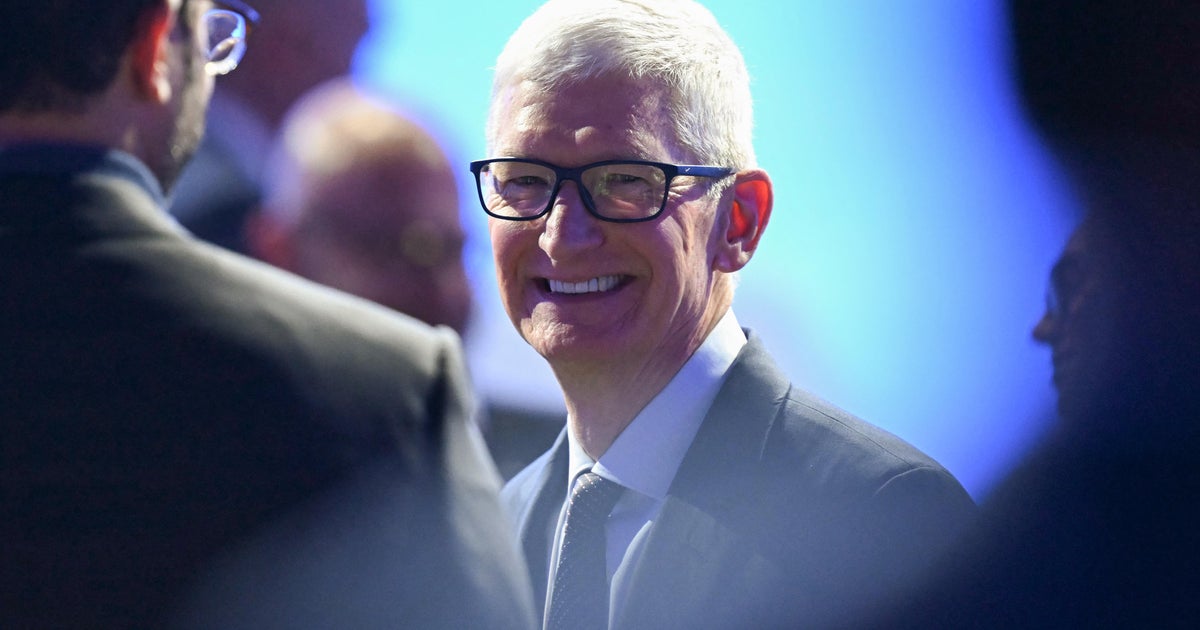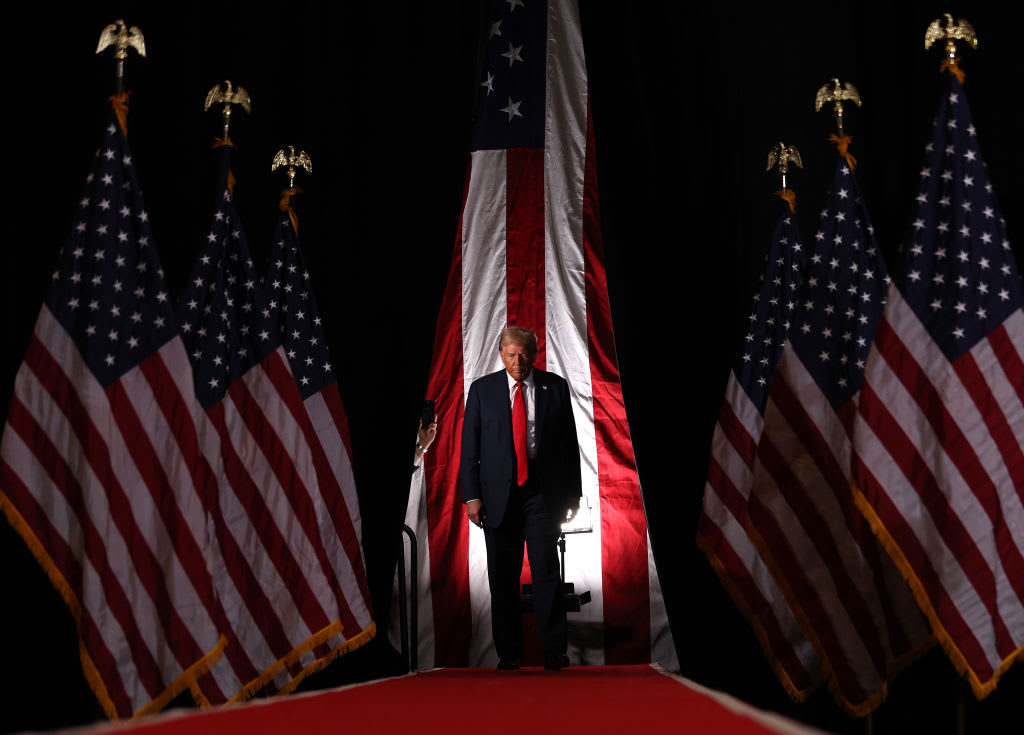FTC finds Cambridge Analytica deceived Facebook users
The Federal Trade Commission has found that political consulting firm Cambridge Analytica deceived tens of millions of Facebook users by purposefully collecting their personal data for "voter profiling and targeting."
The FTC issued a unanimous opinion on Friday confirming allegations made in a July administrative complaint that alleged app developer Aleksandr Kogan and Cambridge Analytica's former CEO Alexander Nix worked together to enable Kogan's GSRApp "to collect Facebook data from app users and their Facebook friends," according to the opinion. The FTC confirmed that the app lied to users by saying it would not collect their names or other identifiable information.
Cambridge Analytica counted a number of Republican candidates among its clients, including President Trump's 2016 campaign.
The opinion also confirmed that Cambridge Analytica violated a pact between the European Union and United States known as EU-U.S. Privacy Shield that aims to protect consumer data moving from EU countries to the U.S. The pact requires participating companies to continue protecting data collected while in the program even if they leave the pact.
Brittany Kaiser, a former official at Cambridge Analytica, told "CBS This Morning" co-host John Dickerson last year that the company's deceptive business practices are part of a "wild west" attitude of data gathering present in other tech companies, including Facebook.
"There is not proper legislation, or regulation, or technology available to track and trace the usage of that data," Kaiser said. "And I think going forward there needs to be a better solution for making sure that agencies much bigger than Cambridge Analytica as well are playing by the rules."
In a blog post lat year, Facebook's Chief Technology Officer Mike Schroepfer said the company believes data from up to 87 million people was "improperly shared" with Cambridge Analytica.
In July, the FTC levied a $5 billion fine against Facebook for user-privacy violations. Facebook made a profit of $22 billion in 2017.
A November order from the FTC prohibits Cambridge Analytica from further misrepresenting its privacy protections, and requires the company to apply protections to personal information it collected while participating in the Privacy Shield pact, or return or delete the information.
The efficacy of the order is unclear, as Cambridge Analytica shuttered in 2018.



